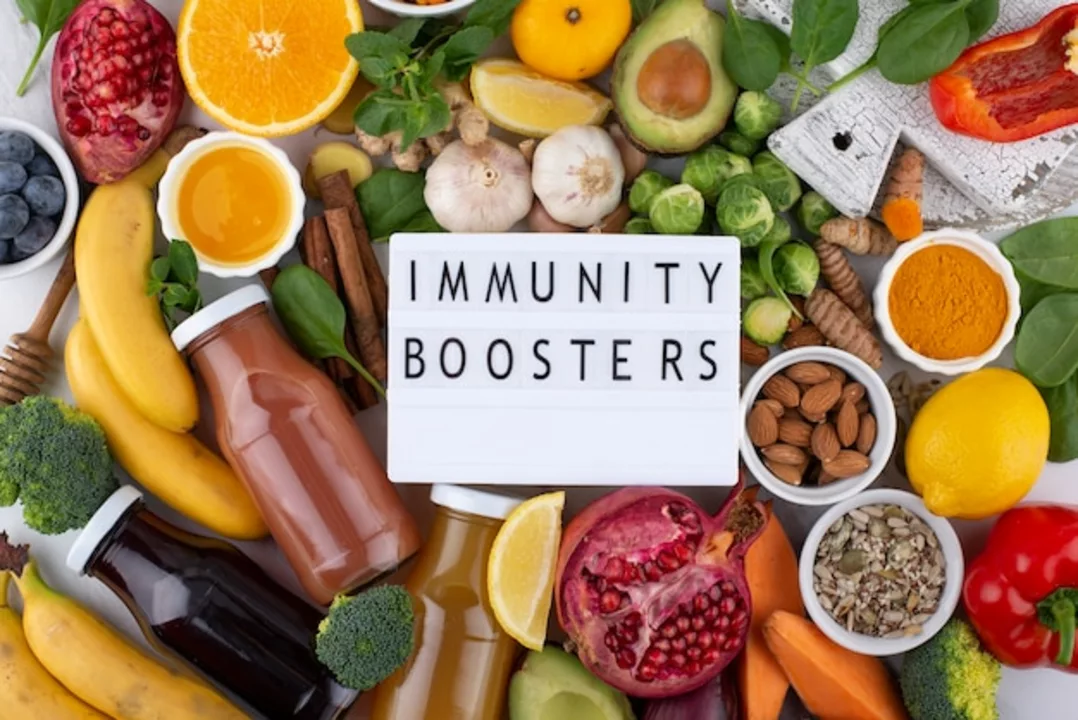Immunity: Simple, Practical Ways to Protect Yourself
Want fewer sick days and fewer worries about infections? Your immune system is the key, but boosting it doesn't need exotic supplements or expensive tests. Small daily habits make a real difference, and knowing when to treat an infection — and how to get medicines safely — keeps you out of trouble.
Everyday habits that actually help your immune system
Sleep matters. Aim for 7–9 hours most nights — poor sleep lowers your resistance to viruses and bacteria. Move a bit every day: regular walks or short workouts improve circulation and immune surveillance. Eat mostly whole foods: colorful vegetables, protein, healthy fats, and fiber give your immune cells what they need. Wash hands with soap for 20 seconds before eating or after public transport — it's one of the simplest, most powerful defenses against germs.
Manage stress. Chronic stress raises inflammation and weakens immune response. Try short breathing breaks, a quick walk, or a 10-minute unwind routine before bed. Don't smoke, and limit heavy drinking — both harm immunity and slow recovery from infections.
Vaccines are targeted immune training. Stay up to date on flu, COVID, and other recommended shots for your age and health. They lower your risk of severe illness far more than any supplement can.
When to treat infections — and how to choose medicines safely
Not every rash or sore throat needs antibiotics or steroids. For skin fungal infections like ringworm, topical antifungals often work — see our ringworm guide for clear signs and treatment steps. Serious bloodstream infections like candidemia need urgent care; our candidemia article explains risk factors and why early treatment matters.
If you need antibiotics, take them exactly as prescribed. Overuse leads to resistance and makes future infections harder to treat. For inflammatory flare-ups, check safer over-the-counter options before jumping to prednisone. Our prednisone alternatives piece walks through NSAIDs, antihistamines, and natural options with practical pros and cons.
Thinking about supplements? Some have real effects — like berberine for blood sugar — but they can interact with drugs. Apple cider vinegar has uses in the kitchen and some health claims, yet it's not a magic immune booster. Read product guides and talk to a pharmacist if you take other meds.
Buying meds online? Use reputable pharmacies, check for clear contact info and licensed pharmacists, and avoid sites that promise prescription drugs with no prescription. Our reviews on online pharmacies and safe buying guides (like for Aldactone, Montelukast, and others) show what to check before you click "buy."
If you feel unusually unwell, have high fever, breathing trouble, confusion, or symptoms that get worse quickly, seek medical care. For most minor issues, sensible self-care, timely vaccines, and smart use of medications keep your immune defenses doing their job without causing new problems.

Boost Your Immunity and Energy Levels with the Goji Superfood Supplement
- by Colin Edward Egan
- on 21 May 2023
I recently discovered Goji Superfood Supplement and I'm amazed at the benefits it offers for our immunity and energy levels. Packed with antioxidants, vitamins, and minerals, this little wonder is a must-have addition to our daily health routine. I've personally experienced increased energy and stamina, which helps me power through my busy days. Plus, it supports our immune system, keeping us strong and healthy, ready to fight off any potential illnesses. I highly recommend giving Goji Superfood Supplement a try - your body will thank you for it!
